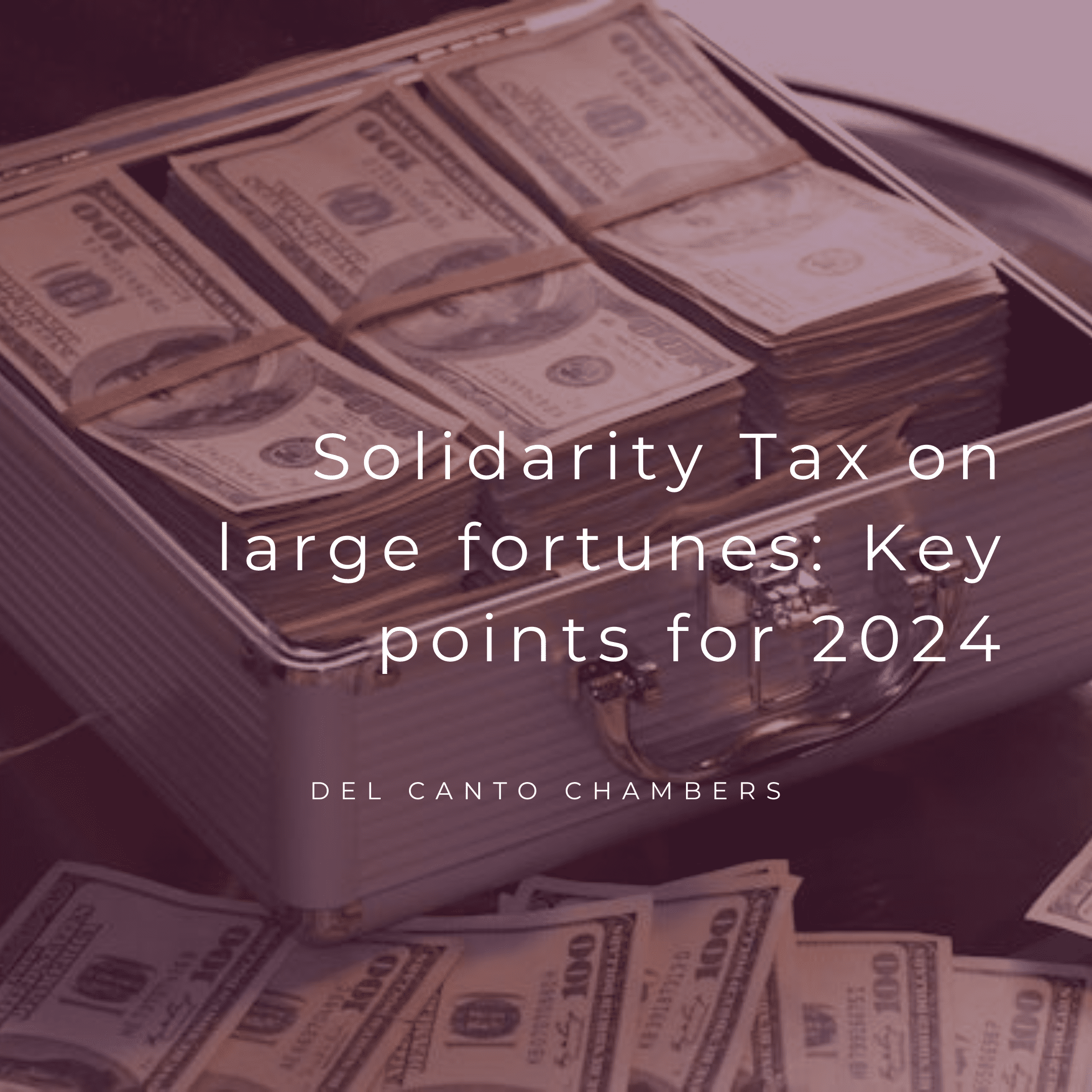Spanish and EU residents in the UK after Brexit. In the previous post about the European Union settlement scheme, established by the United Kingdom’s Withdrawal Agreement, we reviewed the timing and criteria employed to access settled and pre-settled status. Now, we will take a look at the relevant tax implications of the proposed transition of EU expats, from permanent residents to migrants. But, first, it is necessary to describe some concepts relevant to tax residence in the UK context.
The specificities and complexities of the UK tax regime
Technically described as tax events, taxable activities in Britain are defined through the following basic terms. Source refers to the effective regulation by parliamentary acts regarding taxation, which also award a timing and context for this tax imposition. In simple terms, activities without a source are not taxable. Next, residence and domicile refer to the location of individuals who can be taxed. This is where certain EU citizens in the UK will surely suffer a change, becoming non-domiciled foreign nationals in Britain.
This condition, also called non-dom, is particularly complex and depends on the taxation agreements that the UK has with the countries where the concerned individual has family, financial or other interests. Domicile is defined, on paper, as the nation where the individual has established its home. However, it does not equal tax residence, nationality or citizenship. Legal experts and authorities examine every case individually, including the nature of employment, wages or capital; the existence of pensions and other wages; the family connections; and other issues like properties or company ownership.
An insightful way of understanding the complexities is to look at foreign income definitions. Foreign income actually refers to multiple and diverse types of capital: wages earned abroad, capital from sales of foreign shares, international pension income, overseas earnings from a British firm, etc.
Therefore, how is UK tax residency defined? Chiefly, through counting the number of days the individual has spent during the tax year (April to April). In 2013, HMRC developed a statutory residence test that individuals can use to define their tax status. This status is time-dependent: one does not necessarily have to be a tax resident for a continuous period of time. There are some clear triggers to acquire the states: surpassing 183 days of residence in the UK; or spending at least a month but the individual’s only residence is in Britain.
On the other hand, non-residence is acquired when the person has spent fewer than 16 days in Britain, or fewer than 46 days if they have not been a tax resident for longer than three years in a row. Another possibility is to be a full-time worker abroad, while spending fewer than 91 days in the country.
The complexity of these rules and the difficulties involved in establishing the relevant facts for taxable individuals before the British administration lead many to seek legal help. Professional lawyers, like those at Del Canto Chambers, can help with tax planning to avoid unexpected claims by the British or any other governments. The best thing is to plan in advance, and to be aware of the advantages and disadvantages of each status.
Non-dom tax status for European citizens in the UK
How should European citizens operate in terms of taxation in Britain? As defined above, non-dom refers to those whose full-time home is outside the UK. In some instances, this allows individuals to avoid tax claims on foreign income that is not taken to Britain: the remittance basis. Until 2017, UK non-doms were only tax liable for UK-originated income, but could claim reliefs for the first three years of overseas gains as long as these gains were kept outside the country. Now, if the individual has been born in the UK or has been resident since 2017; or has been a resident for 15 years within the last two decades prior to the tax year; will be confirmed as a tax resident. This means they will pay tax on the arising basis, where they will have to include global incomes within their taxable activities.
There are additional rules to the remittance regime. If foreign earnings exceed two-thousand pounds, non-doms could choose to be taxed under it. They need to complete form SA109 and pay for this tax on the relevant year. At the same time, excluding certain income from taxation through the non-dom regime means losing certain benefits and adding other costs:
- The exemption on the first £12,500 of UK income earned is removed.
- A charge of £30,000 (if seven out of the last nine years have been spent in the UK) or £60,000 (if twelve of the last fourteen years have been spent in the UK) is added.
Again, there are multiple complexities involved in defining this status, and evidence for it can be presented in court. If one sought to be domiciled, they would have to show strong ties with Britain; this would include evidence like wills, businesses, family commitments, etc. It is very important to consider the individual’s country of birth and their father’s home. People who return to the UK after many years abroad find themselves defined as domiciled because of these family ties. This would mean that the individual could not classify gains through the remittance system of taxation, and therefore be fully liable for global income and capital gains. Equally, this status can be lost if six years or more are spent as a non-UK resident in the previous two decades.
In conclusion, each of the benefits and penalties for both the remittance or arising tax bases can be more suitable for different groups of taxpayers. Unfortunately, due to the complexity of these identification processes, many individuals could find it very challenging to really understand which one is better suited for their activities. This will add an extra challenge to Spanish and other European expats adapting to post-Brexit Britain.
Conclusion: EU taxpayers in Brexit Britain should learn about tax planning
Now that they are going to become like any other migrant group, albeit with some specific consideration for those living in Britain before 2021, EU citizens should pay more attention to tax issues. If they work fully or partially in the UK, there might be certain tax structures they can employ to limit their liabilities. Again, it is all dependent on a myriad of factors. For instance, double taxation treaties simplify many of the procedures.
The best option is to have an early consultation with specialised lawyers. Del Canto Chambers has for decades worked with clients from all over the world, who had business and personal interests in the UK and other countries. In fact, we have acted on behalf of clients from outside the European Union in countries as diverse as Qatar or the United States, preparing them for the future complexities of Britain’s exit from the continental bloc. Our lawyers can advise on issues like the statutory residence test, domicile status, double tax treaties, global asset structure, living cost arrangements, self-employment and acquisitions, family law, among other matters. For EU citizens in Brexit Britain, setting up a long-term strategy on all of these issues, and reviewing it regularly, can do wonders in avoiding excessive tax liabilities.





